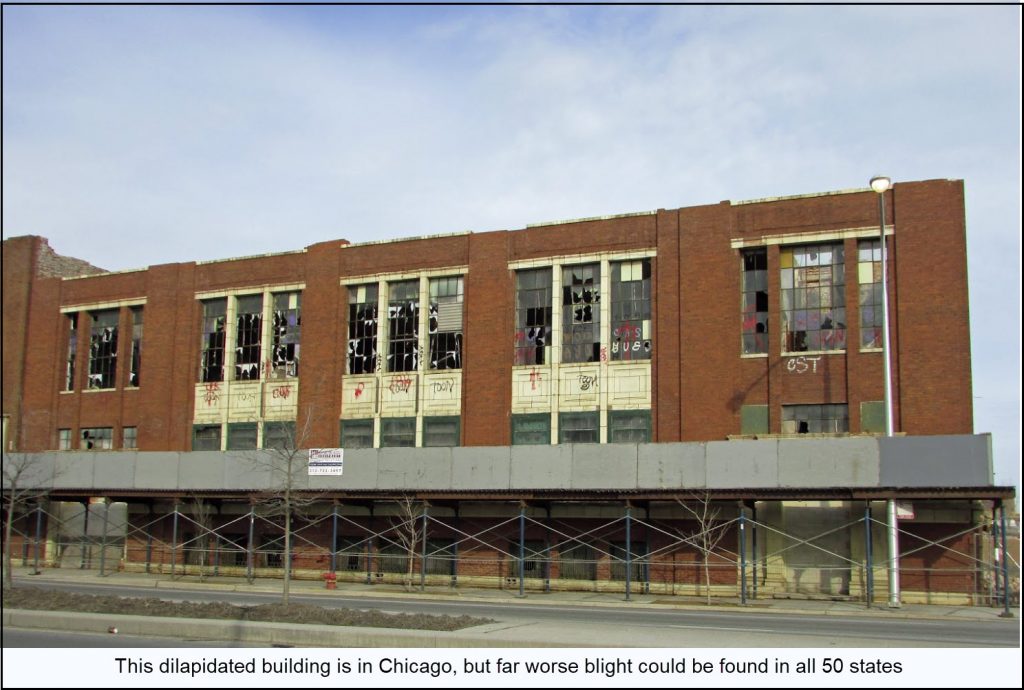 The disconnect between tight Fed policy and a U.S. economy on the brink of recession is growing more unsettling every day. A key question is which economy we are talking about, since there are two distinctly different ones that Fed actions can affect. The first is the economy of consumer goods and services. It is about to keel over dead. This will be a very big deal, since consumption accounts for 70% of the nation’s GDP. Most of it comes from the broad middle class, which is staggering under the weight of higher costs for nearly everything. Some of those costs, particularly for car and home insurance, must be fully borne no matter how high they go. Other outlays are discretionary and include food, travel and entertainment. Those sectors of the economy are close to being asphyxiated by high prices and high interest rates, even as delinquent payments for cars, homes, credit card balances and rent climb into the red zone.
The disconnect between tight Fed policy and a U.S. economy on the brink of recession is growing more unsettling every day. A key question is which economy we are talking about, since there are two distinctly different ones that Fed actions can affect. The first is the economy of consumer goods and services. It is about to keel over dead. This will be a very big deal, since consumption accounts for 70% of the nation’s GDP. Most of it comes from the broad middle class, which is staggering under the weight of higher costs for nearly everything. Some of those costs, particularly for car and home insurance, must be fully borne no matter how high they go. Other outlays are discretionary and include food, travel and entertainment. Those sectors of the economy are close to being asphyxiated by high prices and high interest rates, even as delinquent payments for cars, homes, credit card balances and rent climb into the red zone.
The other economy comprises financial assets, and it is flourishing as never before, dancing in the ether. Soaring stock prices and home valuations have made many Americans think and act like they are rich, and they are continuing to spend freely. An estimated 10% of America’s 131 million households have net worth of $2 million or more. That is an impressive number, but it is not nearly big enough to prop up an economy whose health is determined by the other 90%. These days, the 90% are barely keeping McDonald’s afloat, even if East Side foodies are paying reservation specialists $500 or more to snag a decent table on a Saturday night.
A 1930s Spiral
The two economies have put the Fed in an inescapable bind. If the central bank loosens, the additional inflation this is likely to cause could send middle class consumption into a 1930s spiral. But if the Fed does little or nothing and stays tight, it will risk spreading the commercial real estate market’s implosion to the residential sector. It will also send the dollar still higher, putting more stress on U.S. companies that export and on all who owe dollars.
One meme the Fed no longer promotes, even when job data come in strong, is the absurdity that the economy is in danger of overheating. After all, what is the value of a few shitty jobs supposedly added to the economy when the big cities that drive employment are literally dying? Chicago, for one. It is much closer to death than you could possibly have imagined. Read this shocking story, which appeared in City Journal, for a glimpse of urban America’s future after Wall Street’s wilding spree ends. Illinois still looks like it will be the first state to go belly-up, kaput. You won’t believe how much greed, corruption and stupidity it took for Chicago to reach the top of America’s metropolitan slag heap. San Francisco, New York. L.A., Philadelphia and quite a few others will be close behind. And if you think “the government” will bail out their hollow pension plans and service their tax-free bonds, find a blackboard and write this sentence a thousand times: “Taxpayers, not ‘the government,’ are the source of every penny of bailout money that has ever been spent.”
